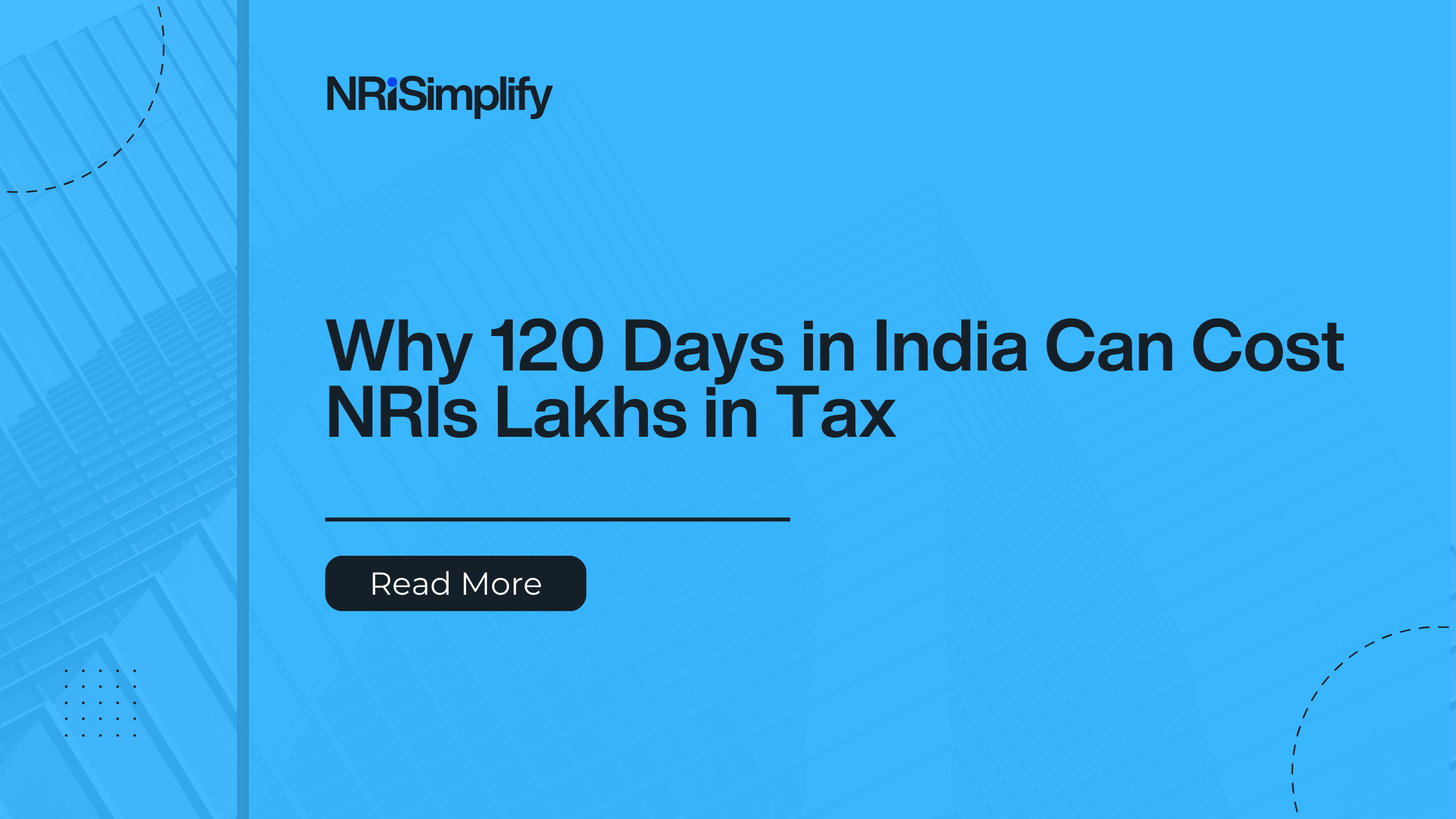Selling property in India as a Non-Resident Indian (NRI) before the title transfer can be tricky, but with the right knowledge and preparation, the process can be smooth. Whether it’s an under-construction property nearing possession or one where you hold only a Builder-Buyer Agreement, understanding the legal steps, tax implications, and compliance requirements is crucial.
This comprehensive guide will help NRIs navigate the process of selling property in India before title transfer and ensure a successful transaction.
Understanding the Scenario: Selling Without Title Transfer
When NRIs buy under-construction properties, they often sign a Builder-Buyer Agreement, which confirms their right to the property, but it does not constitute legal ownership. Ownership is formalized only when the title deed is registered in the buyer’s name during possession.
When Can You Sell Before Title Transfer?
NRIs can sell property before title transfer if:
- The building is nearing completion or you’ve already received possession.
- You hold a legally valid Builder-Buyer Agreement.
- The developer permits the sale to a third party through an assignment of rights.
Step-by-Step Process to Sell Property Before Title Transfer
- Review the Builder-Buyer Agreement
Before proceeding with the sale, thoroughly review the Builder-Buyer Agreement to:- Confirm clauses allowing transfer or assignment to a third party.
- Check for restrictions on selling before possession.
- Identify any fees for facilitating the transfer process.
- Tip: Consult a lawyer specializing in property law for clarity.
- Obtain Builder’s Consent
Most developers require written approval for transferring rights before possession. Here’s how to proceed:- Request NOC (No Objection Certificate) from the builder for the transfer of rights.
- Pay the Transfer Charges (typically 1-2% of the property value).
- Formalize the Assignment Agreement, transferring your rights under the Builder-Buyer Agreement to the new buyer.
- Execute a Power of Attorney (POA)
If you cannot be physically present in India for the sale:- Draft and notarize the POA document.
- Get the POA attested at the Indian Consulate or High Commission in your country.
- Ensure adjudication of the POA in India at the local sub-registrar’s office.
- Draft and Sign a Tripartite Agreement
A tripartite agreement involves you, the buyer, and the developer, ensuring:- The buyer takes over your rights and obligations under the Builder-Buyer Agreement.
- The builder updates their records to reflect the new buyer’s details.
- Ensure all terms are clear, including property specifications, payment terms, and the builder’s consent.
- Tax Implications for NRIs Selling Property
- Short-Term Capital Gains (STCG): If sold within 24 months, gains are taxed at up to 30%.
- Long-Term Capital Gains (LTCG): If held for more than 24 months:
- 12.5% without indexation (post-July 2024 registrations).
- 20% with indexation (pre-July 2024 registrations).
- Tip: Ensure you apply for a Lower TDS Certificate (Form 13) to minimize upfront TDS deductions.
- Apply for a Lower TDS Certificate
- File Form 13 under Section 197 to request a reduced TDS deduction, ensuring it’s based only on actual capital gains.
- Submit the certificate to the buyer so that they can deduct TDS at the approved rate.
- Facilitate Payments and Legal Documentation
- Payments should be made to your NRO account in India.
- Verify all property documents, including the Builder-Buyer Agreement, NOC, Assignment Agreement, and tripartite agreement.
- Provide the buyer with TDS Certificate (Form 16A) as proof of tax deduction.
Common Pitfalls to Avoid
- Lack of Builder’s Consent
Selling without the builder’s approval can void the transaction. Always secure a written NOC from the builder. - Unclear Legal Clauses
Failure to review the Builder-Buyer Agreement can lead to disputes. Ensure all rights and obligations are clear. - Tax Non-Compliance
Not addressing TDS requirements or neglecting to apply for a lower TDS certificate can result in financial losses. - Misrepresentation of Ownership
Selling a property without clear ownership transfer can lead to legal complications. Use a Tripartite Agreement to formalize the process.
How NRI Edge Can Help
Selling property in India before the title transfer can be challenging, but with the right assistance, the process can be much smoother. At NRI Edge, we provide expert guidance and support for NRIs, including:
- Legal Assistance: Helping you with POA, Assignment Agreements, and Tripartite Agreements.
- Tax Advisory: Ensuring you comply with TDS regulations and apply for a lower TDS certificate.
- Builder Coordination: Assisting with obtaining NOCs and negotiating with developers.
- End-to-End Support: Managing the entire sale process, including repatriation of funds.
Conclusion
Selling property in India before title transfer involves several legal and financial steps, including obtaining builder consent, executing agreements, and addressing tax implications. By understanding the process, leveraging professional expertise, and ensuring compliance with legal and tax requirements, NRIs can efficiently liquidate their property while maximizing returns.
Contact NRI Edge today for seamless guidance in property sales, ensuring a smooth and compliant transaction process.
FAQs
Q1. Can NRIs sell property in India before title transfer?
Yes, NRIs can sell property before title transfer if they have a valid Builder-Buyer Agreement and the developer permits the transfer of rights. A No Objection Certificate (NOC) from the builder is required.
Q2. What documents are required for selling property before title transfer?
Essential documents include the Builder-Buyer Agreement, NOC from the builder, Power of Attorney (POA), Assignment Agreement, and tripartite agreement.
Q3. How is TDS applied when selling property in India?
TDS is deducted at 20-30% of the sale price based on whether the capital gains are short-term or long-term. NRIs can apply for a Lower TDS Certificate (Form 13) to minimize upfront deductions.
Q4. What is the process for applying for a Lower TDS Certificate?
NRIs can apply for a Lower TDS Certificate by filing Form 13 under Section 197 of the Income Tax Act. This certificate allows the buyer to deduct TDS only on actual capital gains.
Q5. Can NRIs repatriate funds from the sale of property in India?
Yes, NRIs can repatriate up to USD 1 million per financial year from property sale proceeds, provided they comply with FEMA regulations and have the necessary documentation, including Form 15CA and 15CB.






